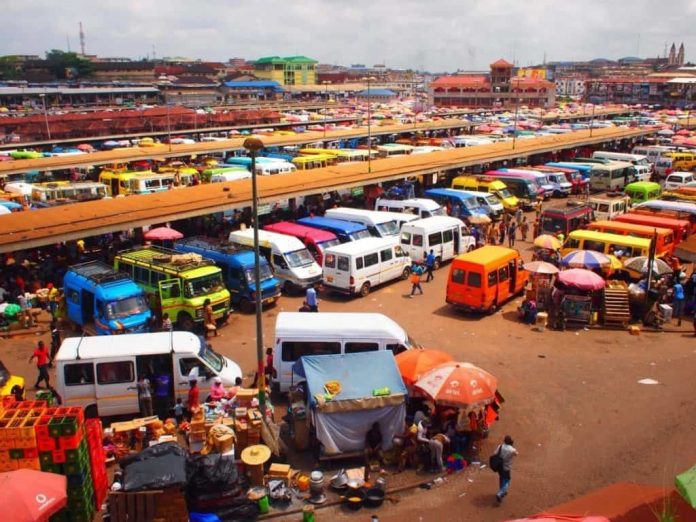Various transport unions in Ghana have reversed their decision to participate in a sit-down strike initiated by Organized Labour to protest the devastating impact of illegal mining (galamsey) on the environment.
The strike, slated for October 10, 2024, aimed to pressure the government to take decisive action against galamsey, which has severely polluted water bodies and destroyed forest reserves.
In a joint statement issued on October 9, 2024, transport unions such as PROTOA, Co-operative, Ghana Committed Drivers Association, Tiger Transport, and Image Transport expressed solidarity with Organized Labour but noted that withdrawing their services would harm commuters.
“We affirm our full support for the call on the government to address the destruction caused by galamsey activities. However, we cannot participate in the strike as it would detrimentally affect our customers,” the statement read.
The Ghana Private Road Transport Union (GPRTU) of the Trade Union Congress (TUC) supported this stance, citing the “irreparable adverse impact” on commuters.
The Ghana Road Transport Coordinating Council (GRTCC), a government agency responsible for coordinating and regulating road transport services in Ghana, also urged transport operators to refrain from participating, classifying their services as “essential”.
Labour unions, including the Ghana Registered Nurses and Midwives’ Association and the Ghana Medical Association, withdrew from the intended strike.
Later, President Nana Addo Dankwa Akufo-Addo announced measures to address galamsey, including deploying additional military personnel, suspending mining in forest reserves, and strengthening prosecution of illegal mining cases.
Organized Labour subsequently suspended the strike, stating that the government had conceded to their demands.
“We have decided to suspend the intended strike action. We call on all workers to report for work on October 10, 2024, and beyond.”


